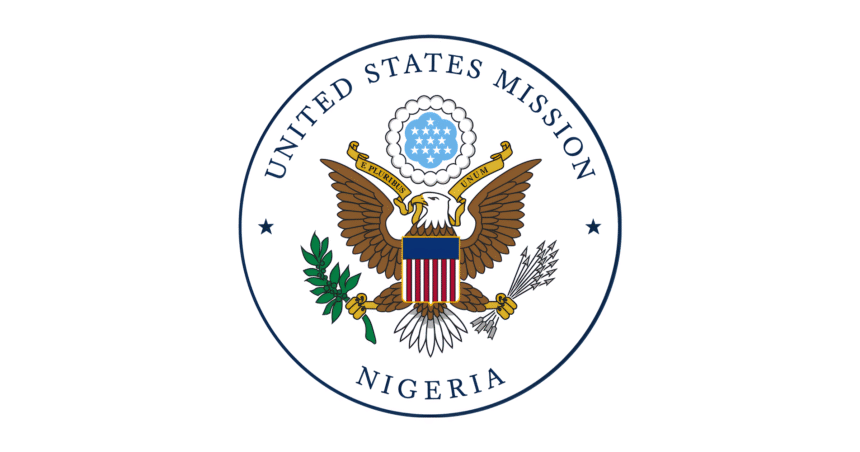The United States Embassy in Nigeria has announced the suspension of social media updates amid the government shutdown.
As the partial U.S. federal government shutdown took effect at midnight, the embassy announced a temporary halt to routine posts on its official X (formerly Twitter) account.
The Embassy announced that it will only engage in social media updates involving urgent safety and security alerts for American citizens in the country.
In a statement released on Wednesday, October 1, the Embassy said the social media update pause was due to a “lapse in appropriations.”
“Due to the lapse in appropriations, this X account will not be updated regularly until full operations resume, except for urgent safety and security information,” the Embassy noted.
It added that posts would be limited to critical alerts such as security advisories, emergencies, or travel-related warnings for U.S. citizens in Nigeria.
Despite the cutback in public communication, the Embassy stressed that consular operations remain functional.
“At this time, scheduled passport and visa services in the United States and at U.S. Embassies and Consulates overseas will continue during the lapse in appropriations as the situation permits,” the statement read.
This means Nigerians applying for visas or other consular services should still be able to attend appointments, although potential delays cannot be ruled out if the funding standoff persists.
The suspension of social media updates is not peculiar to Nigeria, as U.S. Embassies worldwide are sharing the same message.
A similar post by the U.S. Embassy to the U.K. read: “We will not update this account until full operations resume, except urgent safety and security information.”
“At this time, scheduled passport and visa transit services in the United States and at U.S. Embassies and Consulates overseas will continue during the lapse in appropriations as the situation permits.”
Pan-Atlantic Kompass reports that the development came after United States President Donald Trump had warned of sweeping federal layoffs as the U.S government officially entered a shutdown at midnight, marking the first such impasse since 2019.
The development came after the U.S Congress failed to pass a funding bill amid disagreement over healthcare costs and spending priorities.
The shutdown, triggered by the expiration of fiscal year 2025 funding at 11:59 p.m. ET on September 30, is expected to halt non-essential operations across dozens of agencies.
Trump, speaking from the Oval Office late Tuesday, blamed Democrats for the stalemate, stating, “When you shut it down, you have to do layoffs.”
Trump also threatened to punish Democrats and their voters by targeting progressive priorities and forcing mass public sector job cuts during the first stoppage since the one during his previous term.
“So we’d be laying off a lot of people who are going to be very affected. And they’re Democrats, they’re going to be Democrats,” Trump told reporters in the Oval Office.
He said a “lot of good can come down from shutdowns,” and suggested he would use the pause to “get rid of a lot of things we didn’t want, and they’d be Democrat things.”
Pan-Atlantic Kompass reports also that it is the first shutdown since the longest one in US history, lasting 35 days, almost seven years ago during Trump’s previous term.
It was gathered that the latest situation occurred after Republicans fell short of the 60 votes needed to pass legislation.
Checks revealed that in the U.S Senate, Republicans hold 53 seats and Democrats, 47.
It was also gathered that the disagreement is over a short-term spending bill introduced by the Republicans. The bill lays out the funding of government operations until November 21.
The main stumbling block is said to be continued funding for the Affordable Care Act, also called Obamacare.
Democrats are refusing to back the Republican bill unless Republicans undo recent cuts to Medicaid enacted under Trump’s “One Big Beautiful Bill” in July.
Democrats also want to extend special tax credits that reduce the cost of health insurance for Americans.
However, Republicans haven’t given in to the demands yet, meaning the Senate has hit a stumbling block.





